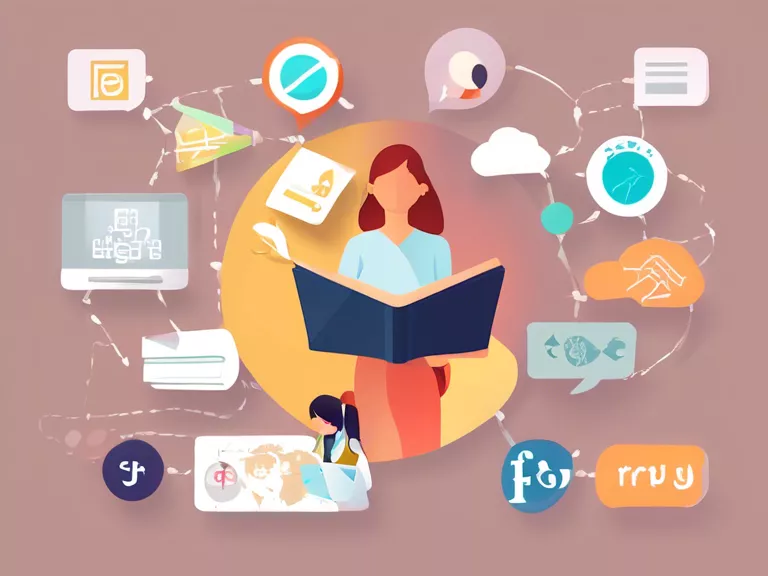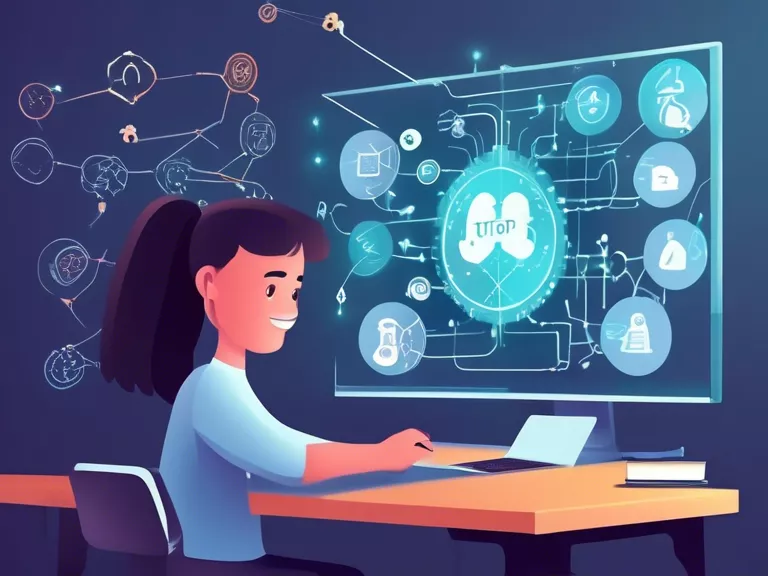
Artificial intelligence is playing a significant role in shaping the future of education. Educators are now able to design data-driven curricula with the help of AI tools, allowing for personalized learning experiences and improved student outcomes.
With the vast amount of data available in education today, it can be a challenge for educators to make sense of it all and use it effectively to inform their teaching practices. This is where artificial intelligence comes in. AI algorithms can analyze large amounts of data quickly and effectively, providing valuable insights that can help educators make informed decisions about their teaching methods and how to best support their students.
By leveraging AI, educators can identify patterns in student performance, preferences, and behaviors to tailor instruction to individual needs. For example, AI tools can help educators identify struggling students early on and provide targeted interventions to help them succeed. AI can also assist in designing personalized learning paths for each student, ensuring that they are challenged at the right level and progress at their own pace.
Furthermore, AI can help educators keep up with the latest research and best practices in education by analyzing the vast amount of research articles, studies, and publications available. It can provide recommendations on evidence-based practices to incorporate into the curriculum, ensuring that students are receiving the most effective instruction possible.
In conclusion, artificial intelligence is revolutionizing the way educators design curricula by providing data-driven insights that can improve student learning outcomes. By leveraging AI tools, educators can personalize instruction, identify struggling students early on, and stay informed about the latest research in education. The future of education is data-driven, and AI is helping educators navigate this new frontier.



